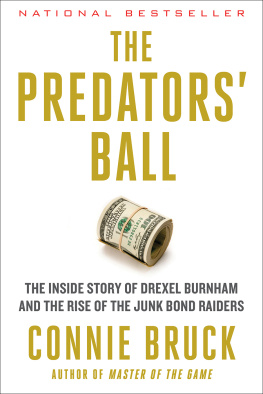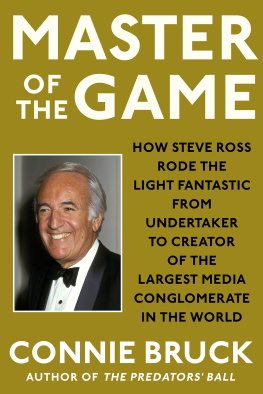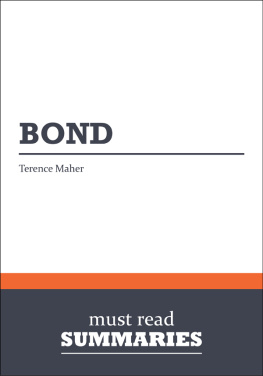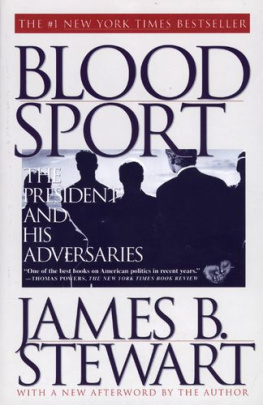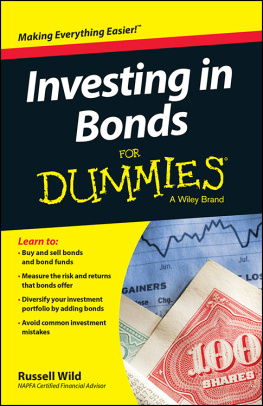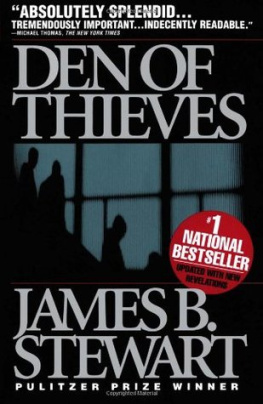Thank you for downloading this Simon & Schuster eBook.
Join our mailing list and get updates on new releases, deals, bonus content and other great books from Simon & Schuster.
C LICK H ERE T O S IGN U P
or visit us online to sign up at
eBookNews.SimonandSchuster.com
CONTENTS
F OR A RI S CHLOSSBERG
Prologue:
The Ball
I N THE third week of March 1985, the faithful, fifteen hundred strong, came to Beverly Hills to pay homage to Michael Milken, the legendary junk-bond guru of Drexel Burnham Lambert whom many of his followers called simply the King. For the next four days, they would savor the world he had created for them.
By five-thirty each morning, an armada of about one hundred limousines glided into position around Beverly Hills. Dozens of them ferried guests from the lush green-and-pink medley of the Beverly Hills Hotelthen owned by arbitrageur Ivan Boesky, his wife and his in-laws, and completely booked by Drexel for these four nightsthrough the citys wide, stately, palm-tree-lined streets. Their destination was the Beverly Hilton, where the annual Drexel High Yield Bond Conferenceby now known as the Predators Ballwas being held, just a few blocks from Drexels West Coast office.
Breakfast was served at 6 A.M ., a concession to popular tastes by Milken, who was at his desk each day by 4:30 A.M . Then came the perpetual round of presentations, sometimes three simultaneously in different rooms, given by heads of companies. These were nearly all Drexel clients, typically the small and medium-sized companiesrun by entrepreneurs with healthy ownership stakeswith whom Milken had carved out his historic franchise when he started doing financings for them, back in the late seventies and early eighties.
Because of their small size, or their lack of credit history, or their leveraged capital structure, these companies had been rated below investment grade by the rating agencies and thus had not been able to raise money by issuing bonds in the public market. The only way for them to borrow money was in short-term loans from banks or in private placements with insurance companies, which carried covenants so restrictive that they made the money almost not worth having.
Then, one day, Drexels investment bankers had come knocking at the door. Drexel would underwrite their bonds, low-rated though they were, for the public marketplace. Michael Milken, a most extraordinary junk-bond trader, could raise $50 million, $100 million or morethe kind of long-term, relatively covenant-free capital that was available to these companies nowhere else. All they had to do was pay the price: a high yield to the investors, and an enormous fee to Drexel.
Now hundreds of buyers were in the audience for these presentations. There were the players who had turned nondescript or failing financial companies into dazzling success stories, based on the yield of the bonds that Milken offered them. And there were the money managerspeople who ran investment portfolios for thrift institutions, insurance companies, public and private pension funds, mutual funds, offshore banks, college endowments, high-yield funds.
Many of them had been converted into believers by Milken back in the seventies, when he had begun tirelessly preaching an esoteric gospel: that in a diversified portfolio of high-yield bonds, otherwise known as junk bonds, the reward outweighs the risk. This was a proven theory, well documented by academician W. Braddock Hickman in his enormous multivolume tome Corporate Bond Quality and Investor Experience, published in the fifties. All that remained, for everyone to make money, more money probably than they had ever imagined, was to put theory into practice.
Hand in hand with Milken, these buyers had put theory into practiceand now they were players in a $100 billion market. The intense young man with the ill-fitting toupee, the set jaw, the air of utter confidence and the greatest sales pitch that any of them had ever heard had been right.
Some of these buyers thought nostalgically of the way it had been at the beginning. Just six years earlier, Milken had staged his first West Coast high-yield-bond conference at the Beverly Hills Hilton for about sixty people. The buyers had sat around conference tables with the issuers and engaged in the kind of substantive dialogue, replete with hard data, that allowed them to decide whether they wanted to own a companys debt or not. That immediacy was gone now. The presentations were made to hundreds of buyers in huge conference rooms with floor-to-ceiling screens on which the speakers immensely magnified image appeared, and they were driven not by hard data but by slick, soft-sell videos. Instead of a dialogue, its like watching TV, complained James Caywood of Caywood-Christian Capital Management, who manages about $2.2 billion, mainly for savings-and-loan associations (S&Ls), and is an old-timer in the junk market. The conference has becomeexcuse my languagea gangbang.
It had also, this year, become the Predators Ball. There was a new gospelor, more, a kind of added liturgybeing preached these days by Milken, who had become more messianic, more fevered, more wired, than ever. His message, received with wild excitement by this congregation, was that they should save corporate America from itself.
Milken had long professed contempt for the corporate establishment, portraying many of its members as fat, poorly managed behemoths who squandered their excess capital and whose investment-grade bonds, as he loved to say, could move in only one directiondown. He had made fortunes for himself and his investors by identifying assets undervalued by the market. In the seventies Milken had done this primarily with the debt securities of troubled or bankrupt companies. But by the early eighties the clearly undervalued asset was corporate America, and the biggest play was in the takeover game.
This was a game for which Milken was a natural by temperament and talent. When Wall Streets elite investment banking firms were pocketing huge fees from the mergers-and-acquisitions (M&A) game, Milken and his corporate finance partners at Drexel had been left out in the cold, too dclass to be hired by the major corporations that had bank lines big enough to play. Unable to attract those clients, they had finally decided to do something beguilingly simple: they would create their own.
Who needed Chase Manhattan or Manufacturers Hanover when Carl Lindner, Sam, William, and Hyman Belzberg, Saul Steinberg, Victor Posner and the entire host of institutional junk-bond buyers were readyat Milkens behest, and on hours noticeto sign up to buy the junk bonds that would finance a takeover? Just as Milken had given medium-sized companies access to amounts of capital that had been wholly out of their reach before, so now his chosen takeover artists could set their sights on targets that but for him would have remained the stuff of their dreams.
Capital is not the scarce resource, Milken had been instructing his followers for several years and, to their delight, proving over and over again.
Now, in March 1985 at the Beverly Hilton, on the eve of an assault that would shake corporate America to its roots, he declared that the combined buying power of his assembled guests was three trillion dollars.
It was a heady message, and made more so by events of the preceding two weeks. The junk-bond-financed takeover had not sprung, fully functioning, from the minds of Milken and his Drexel colleagues; it had needed crafting and fine-tuning. T. Boone Pickens Jr.s peanut-sized Mesa Petroleum had made a run at mammoth Gulf Oil in early 1984. Pickens had ultimately driven Gulf into the arms of its white knight, Standard Oil of California. Then Steinbergs Reliance had mounted its raid against Disney. Carl Icahn had launched his bid for Phillips Petroleum, after Pickens Mesa had taken its turn and been bought out. These raidsall financed by Drexel junk bonds, except for Pickens run at Phillipshad thrown off hundreds of millions of dollars to the raiders and to Drexel. But not one had acquired its target. Corporate America, therefore, had been able to deride these bids as nothing more than stickup artists bluffs.
Next page
